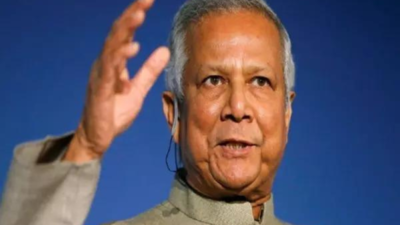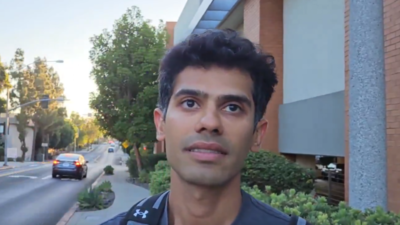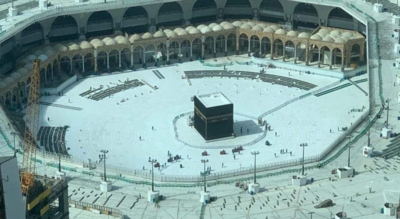Bangladesh’s interim chief adviser and Nobel Peace Prize laureate Muhammad Yunus on Tuesday announced that the country’s next general elections will be held in February 2026, ahead of the holy month of Ramadan. He made the declaration during his address to the nation via state television, BTV and radio to mark the first anniversary of the mass uprising that ousted former Prime Minister Sheikh Hasina. “On behalf of the interim government, I will write to the Chief Election Commissioner, requesting that the Election Commission organise a national election in February 2026, before the next Ramadan,” Yunus said.The announcement marks a shift from his earlier indication that polls would be held in April. The revised timeline comes after consultations with major political parties, including the Bangladesh Nationalist Party (BNP) headed by former Prime Minister Khaleda Zia which had called for earlier elections.“We will all begin mental preparation and institutional arrangements from tomorrow to complete all arrangements so that this year’s election is memorable in the country’s history in terms of joy and celebration, peace and order, voter turnout, and cordiality,” he added.Yunus urged political parties to ensure that youth and women are not excluded from their manifestos or future governance plans. “Remember, the youth who have changed Bangladesh have the power to change the world as well,” he said.July Declaration unveiled:Earlier today, the interim government had also formally released the “July Declaration”, a 26-point document outlining proposed reforms in governance, constitutional and political issues. Top leaders from political groups such as the BNP, Jamaat-e-Islami, and the newly formed National Citizen Party (NCP) were present during the official unveiling at the Bangladesh Parliament Complex, commemorating the uprising anniversary.The declaration sharply criticized the 1972 Constitution after its independence war against Pakistan in 1971, calling for reforms aligned with the will of the people.“Whereas, the post-independence Awami League government failed to materialise the people’s aspirations because of the weaknesses in the procedures of drafting and in the structure of the constitution, along with its inappropriate application,” the July Declaration said. It also condemned Sheikh Hasina’s administration, accusing it of turning Bangladesh into a fascist, mafia and failed state through alleged authoritarian rule and human rights violations.“Whereas, during the rule of Sheikh Hasina, under her very leadership, an extreme force that was anti-people, autocratic and against human rights turned Bangladesh into a fascist, mafia and failed state and thereby tarnished Bangladesh’s international image,” it added.The document calls for the 2024 uprising to be given official recognition and proposes that the July Declaration be included in a reformed constitution.Tight security and public celebration:Tens of thousands gathered at Manik Mia Avenue in Dhaka to mark the anniversary of Hasina’s ouster. The government declared the day a national holiday. Security was heightened across the capital, with police checkpoints and patrols in sensitive areas.Sheikh Hasina, who had been in power for 15 years, fled to India in August last year following mass protests. Her party, the Awami League, has since been banned by the interim administration, and its registration has been revoked by the Election Commission, effectively barring it from contesting in future polls unless the ban is lifted.Meanwhile, Human Rights Watch (HRW) raised concerns over the interim government’s progress on human rights.”The hope of the thousands who braved lethal violence a year ago when they opposed Sheikh Hasina’s abusive rule to build a rights-respecting democracy remains unfulfilled,” said Meenakshi Ganguly, deputy Asia director at HRW. She warned that the interim leadership is struggling to balance security reform with pressures from hardliners and rival political factions.As the nation reflects on the events of the past year, Bangladesh remains on high alert. The month of August also marks the anniversary of the 1975 assassination of Sheikh Mujibur Rahman, the country’s founding figure and Hasina’s father.






